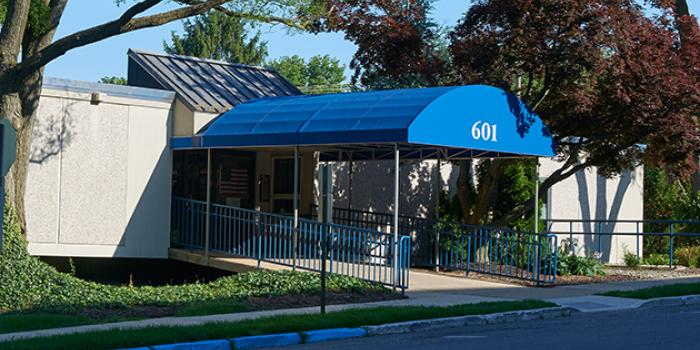Our Approach
With state-of-the-art imaging technology, a dedicated intensive-care unit, and the most advanced therapies available, our comprehensive neurovascular program provides individualized diagnosis, treatment, and care for blood vessel disorders of the brain and spinal cord.
Conditions We Treat
- Arteriovenous fistulas (AVFs)
- Arteriovenous malformations (AVMs)
- Brain aneurysms
- Carotid artery stenosis
- Carotid cavernous fistulas
- Cavernous malformations
- Cerebral venous disease
- Moya-moya syndrome
- Spinal vascular malformations
- Stroke (ischemic, subarachnoid hemorrhage, hemorrhagic)
- Traumatic blood vessel injuries
Our vascular neurosurgeons are “dual-trained,” meaning they can perform traditional, open surgeries, along with minimally invasive endovascular procedures. This versatility ensures every patient receives the best possible treatment for their unique problem.
Endovascular Neurosurgery
Endovascular neurosurgery, or interventional neuroradiology, is a state-of-the-art field that combines advanced imaging and catheter-based tools to deliver care to the nervous system. A small needle puncture is used to access a blood vessel, usually in the wrist or leg, and the blood vessels are used as a "highway" to access the brain. This minimally invasive approach often means faster recovery times and less stress for your body. Endovascular neurosurgery procedures performed include:
- Aneurysm coiling. Placing tiny coils inside a brain aneurysm to prevent it from bleeding. Sometimes another device, called a stent, is placed at the same time.
- Aneurysm flow diversion. Placing a special stent in the vessel next to an aneurysm to prevent it from bleeding.
- Angiogram. A special imaging procedure which diagnoses problems with the brain’s blood vessels in the brain or spine. This is typically done as an outpatient procedure.
- Angioplasty. Using a temporary, inflatable balloon to reopen a clogged artery.
- Head and neck embolization. Using liquid or tiny particles to block off a bleeding vessel in the head or nose.
- Liquid embolization. Using a liquid material or glue to plug a vascular malformation or fistula in the brain or spinal cord.
- Mechanical thrombectomy. Using a device to remove a blood clot during an acute stroke.
- Stenting. Placing a support structure inside an artery or vein to reopen a clogged vessel or to provide support.
Microsurgery
Some disorders need to be treated with the more traditional, open method of surgery. Our neurosurgeons are highly experienced in microsurgery, where an advanced surgical microscope is used during an operation, allowing the surgeon to directly repair the problem safely and effectively. Open vascular neurosurgery procedures performed at Tower Health facilities include:
- Aneurysm clipping. Placing a small clip across a brain aneurysm to prevent it from bleeding.
- Carotid endarterectomy. Removing a piece of plaque from the artery in the neck to prevent a stroke.
- Cerebral bypass. A scalp vessel is "rerouted" into the brain to enhance blood flow.
- Vascular malformation resection. Removing an arterio-venous malformation or cavernoma from the brain.

